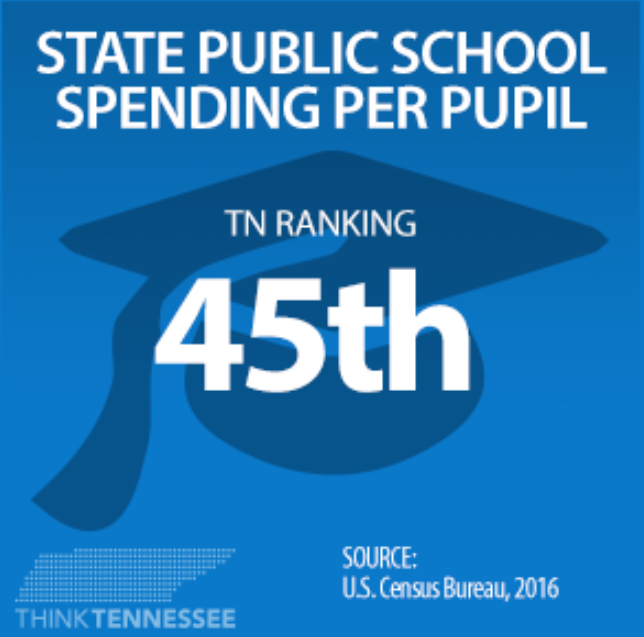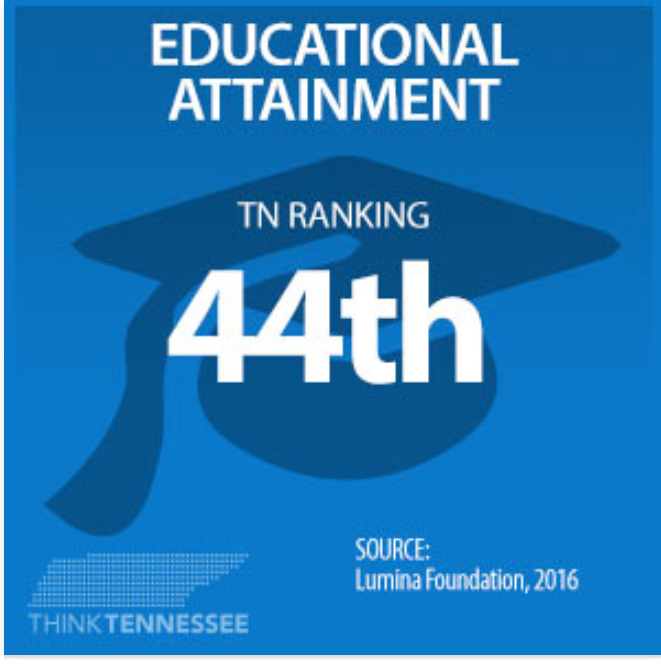PR Watch has the story of how Education Secretary Betsy DeVos (a long-time associate of Tennessee Governor Bill Lee) pitched Arizona’s Education Savings Account (ESA) scheme at a recent ALEC meeting. The Arizona plan is similar to the one Tennessee’s legislature passed in 2019 at Lee’s request. The vote on the voucher scheme bill is currently under investigation by the FBI. Here’s more on DeVos’s pitch, which appears to have been divorced from reality:
Secretary of Education Betsy DeVos held a roundtable on “education freedom” with Arizona Governor Doug Ducey (R) yesterday at the ALEC States and Nation Policy Summit to promote her controversial and costly Education Freedom Scholarships proposal.
DeVos heaped praise on Arizona’s school system at the event, saying, “Arizona is really a leader in giving parents and students the kind of freedom that they need to find their right fit for education. And I’m so grateful for the example that you are setting here,” the Arizona Republic reported.
But Arizona is not a great example when it comes to school performance. The state consistently ranks among the bottom among all states in opportunities and performance and was recently named the worst state to teach in.
Lee appears in some ways to be modeling his education agenda after the failed agenda of AZ Governor Doug Ducey.
It seems he might do well to heed the warning from Arizona when it comes to vouchers:
And later in the afternoon, DeVos told a larger group of attendees, “Arizonans are loving their ESAs,” or Empowerment Scholarship Accounts. But voters rejected a ballot measure to expand the state’s voucher system by a 65-35 percent margin in 2018, so DeVos appears to be misinformed.
The same type of voucher scheme Lee is now fast-tracking has been devastating to Arizona public schools:
Last year, nearly $200 million which otherwise would have been in the state’s coffers, money which could have been used to boost our shamefully low education budget, is paying for children to go to private schools.
This is what Bill Lee wants for Tennessee. Unabated charter growth. An expansive voucher program that sucks funds from public schools. It’s an agenda that has failed children in state after state. It’s a top priority of Betsy DeVos, ALEC, and other Koch-funded entities.
The good news: There’s a bipartisan effort to repeal the voucher scheme in 2020.

For more on education politics and policy in Tennessee, follow @TNEdReport
Your support — $5 or more today — makes publishing education news possible.









